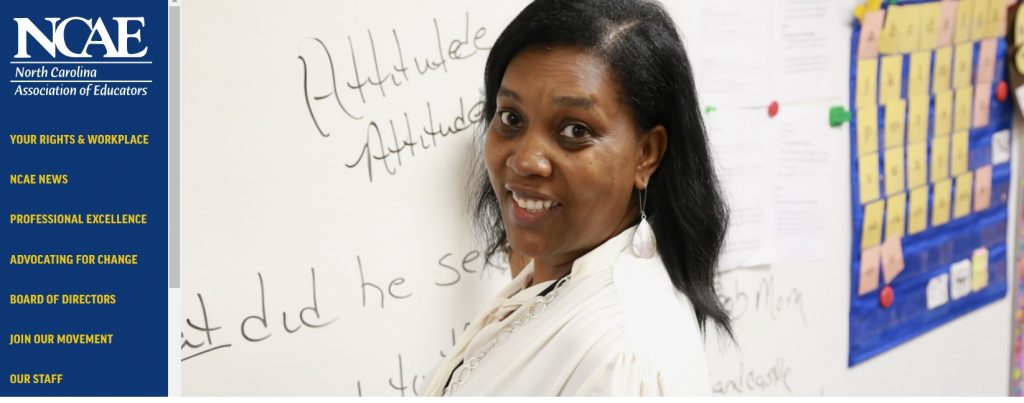(The Center Square) – Republicans in the General Assembly want the North Carolina Court of Appeals to halt proceedings in a lower court challenge to the Opportunity Scholarship Program until the course of the case is resolved.
Attorneys for Senate leader Phil Berger, R-Rockingham, and House Speaker Tim Moore, R-Cleveland, filed a motion Thursday to stay ongoing discovery in the case, Kelly v. State of North Carolina, because they argue broader questions in the appellate court must be decided first.
The Opportunity Scholarship Program helps more than 20,000 low-income students attend more than 500 private schools, and it is set to expand by about 9,500 students in 2022-23, according to Parents for Educational Freedom in North Carolina.
Tamika Walker Kelly, president of the North Carolina Association of Educators, a union that represents public school teachers, is partnering with other plaintiffs to challenge the program in a Wake County court, and legislative Republicans have appealed the case to the Court of Appeals.
The appeal centers on whether the case involves a “facial” or “as-applied” challenge to the program, with the former requiring a three-judge panel to decide the case on constitutional grounds. The North Carolina Supreme Court ruled, 4-3, on a facial challenge in 2015 that the Opportunity Scholarship Program complies with the state Constitution, but Kelly filed a new challenge in July 2020, asserting an “as-applied” case, which would remain in the lower court to determine whether the way the program operates is illegal.
The defendants appealed, but ongoing “burdensome” discovery proceedings in the lower court are creating unnecessary headaches for schools attempting to comply with demands for materials from the teachers union, according to the motion to stay discovery.Attorneys for the defendants argue the North Carolina Rules of Appellate Procedure should halt the lower court activity until the Court of Appeals rules on the broader issue.
“The appeal before this Court presents a fundamental question that will decide, first and foremost, whether the plaintiffs’ complaint – which challenges the constitutionality of the Opportunity Scholarship as a whole, seeks a statewide injunction against the OSP, and is not based on any facts unique to the plaintiffs’ individual cases – asserts a facial or as-applied challenge,” according to the motion. “This is a critical question, as it will determine which facts, if any, regarding the OSP’s implementation are relevant to this matter.”
Amid the pending appeal, lawyers for the union have “continued to propound burdensome discovery” with numerous redundant depositions and document requests, including requests from dozens of administrators and schools not party to the case.
“If this court confirms that plaintiffs have, indeed, asserted a facial challenge, much, if not all, of the discovery they have propounded will be unnecessary, as it will be largely irrelevant to the legal questions the court must decide,” the motion read.
“Furthermore, Legislative Intervenors-Defendants-Appellants will bring a motion to dismiss as soon as the case is transferred to the three-judge panel. If successful, that motion would obviate the need for this excessive discovery,” it continued. “Defendants should not be subject to this onerous burden – much less nonparties – while they wait to get to the correct tribunal.”
Originally published by The Center Square. Republished with permission.
